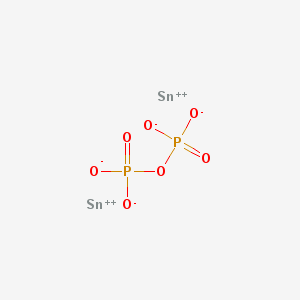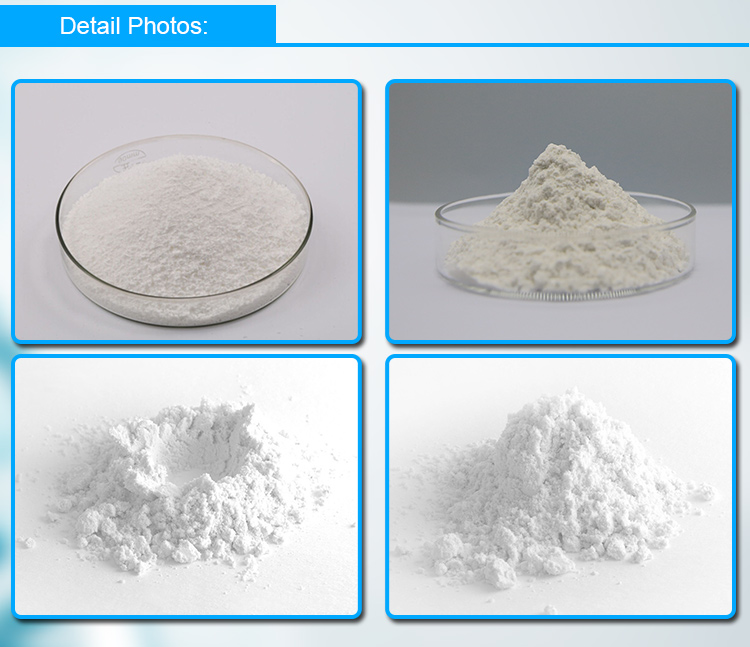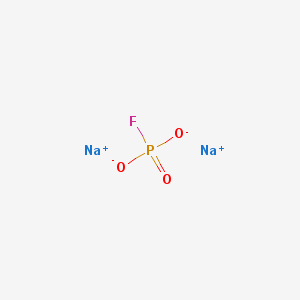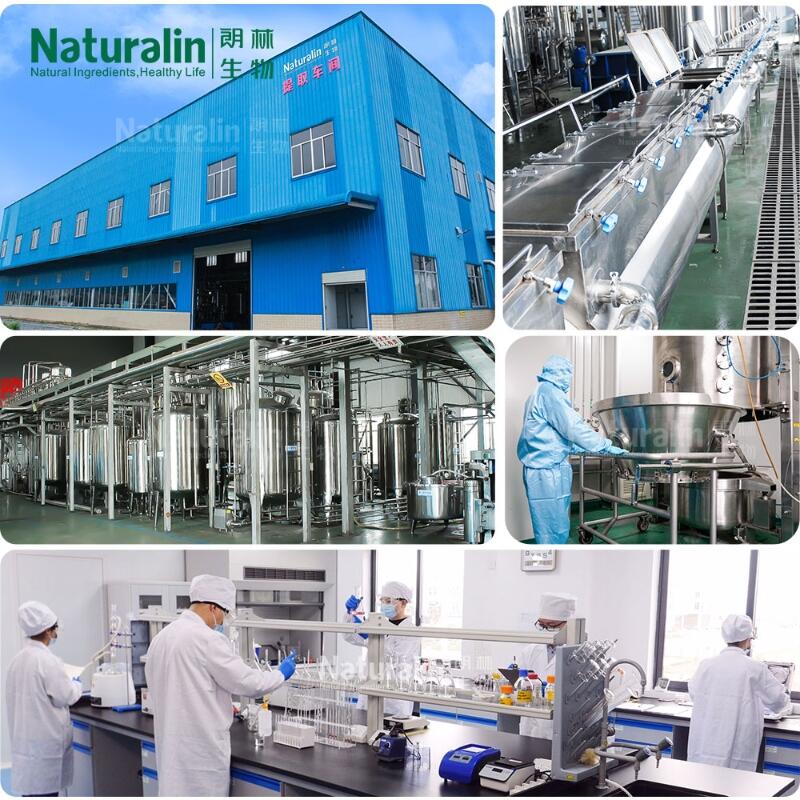Cosmetic Ingredient
- • Abrasive (124)
- • Absorbent (84)
- • Anticaking (66)
- • Anticorrosive (25)
- • Antifoaming (19)
- • Antimicrobials (290)
- • Antioxidant Ingredient (393)
- • Antiperspirant (20)
- • Antiplaque (48)
- • Anti-seborrheic (38)
- • Anti-sebum (39)
- • Antistatic (458)
- • Astringent (162)
- • Binding Agent (172)
- • Bleaching Agent (53)
- • Buffering (191)
- • Bulking (109)
- • Chelating (122)
- • Cleansing (679)
- • Cosmetic Colorant (212)
- • Cosmetic Preservative (158)
- • Denaturant (45)
- • Deodorant (98)
- • Depilatory (27)
- • Dissolving Agent (298)
- • Emollient (795)
- • Emulsifying Agent (480)
- • Emulsion Stabilising (154)
- • Exfoliating (19)
- • Film Forming (299)
- • Flavouring (72)
- • Foam Boosting (161)
- • Foaming (101)
- • Fragrance Ingredient (726)
- • Gel Forming (19)
- • Hair Conditioning (670)
- • Hair Dyeing (363)
- • Hair Fixing (36)
- • Hair Waving or Straightening (45)
- • Humectant (282)
- • Hydrotrope (92)
- • Keratolytic (20)
- • Light Stabilizer (80)
- • Moisturising Agent (50)
- • Nail Conditioning (42)
- • Occlusive (20)
- • Opacifying (119)
- • Oral Care (123)
- • Oxidising (19)
- • Perfuming (2105)
- • Plasticiser (98)
- • Propellant (19)
- • Reducing (50)
- • Refatting (12)
- • Refreshing (26)
- • Skin Cleansing (388)
- • Skin Conditioning (1751)
- • Skin Humectant (21)
- • Skin Protecting (282)
- • Smoothing (31)
- • Soothing (71)
- • Tonics (155)
- • UV Filter (34)
- • Viscosity Controlling (532)
Chemicals as Skincare Ingredients
Related News
-
Pfizer China Oncology Division Restructures Amid Executive Changes
2025-03-19 -
Price Surge Alert as Major Suppliers Increase Barium Sulfate Costs by 200 Yuan per Ton
2025-03-20 -
Shell Considers Partnering with the U.S. and Closing European Chemical Assets
2025-03-26 -
Quaker Houghton Acquires Dipsol Chemicals, Strengthening Advanced Solutions Portfolio
2025-03-27 -
AstraZeneca to Invest $2.5 Billion to Establish Global Drug R&D Center in Beijing
2025-03-25 -
Saudi Aramco CEO: Invest in downstream projects in China's energy, chemical and other fields
2025-03-28
Antiplaque
Magnesium fluorosilicate
(16949-65-8)-
Industrial Grade / -
-
Industrial Grade / -
-
Industrial Grade / 99%
-
![Magnesium fluosilicate buy Magnesium fluosilicate]()
Industrial Grade / 99.0%
Dynafos
(10103-46-5)3
(PO
4
),] is a white insoluble powder and is the main constituent of bones. Calcium phosphate occurs naturally as rock phosphate in the mineral apatite Ca
5
(PO
4
)
3
,which contains OH
-
, F
-
and Cl
-
ions to a small extent.
Calcium ions and hydrogen phosphate ions react in the presence of an alkali to produce calcium phosphate.
Calcium phosphate is used extensively as a fertilizer. Dicalci
-
- / 99%
-
-
industrial Grade / 98%
-
![Calcium phosphate buy Calcium phosphate]()
Industrial Grade / 99%
Request for quotation , get quotes from more suppliers.
Stannous pyrophosphate
(15578-26-4)-
Chemical Grade / 99%
-
- / 99.00%
-
Pharmacy Grade / 99%
-
![Stannous pyrophosphate buy Stannous pyrophosphate]()
Request for quotation , get quotes from more suppliers.
Domiphen bromide
(538-71-6)-
- / 98%
-
- / 99.00%
-
Pharmaceuticals Grade / 0.00%
-
- / 99%
Request for quotation , get quotes from more suppliers.
SODIUM GLYCEROPHOSPHATE
(89923-83-1)-
- / 99%
-
Pharmacy Grade / -
-
Pharmacy Grade / 99%
-
![SODIUM GLYCEROPHOSPHATE buy SODIUM GLYCEROPHOSPHATE]()
Request for quotation , get quotes from more suppliers.
Sodium monofluorophosphate
(7631-97-2)-
Chemical Grade / 99%
-
Industrial Grade / 99%
-
![Sodium fluorophosphate buy Sodium fluorophosphate]()
-
![Disodium fluorophosphate buy Disodium fluorophosphate]()
Request for quotation , get quotes from more suppliers.
-
Pharmaceutical Grade / 99%
$100/KG EXW
-
![disodium alpha-glycerophosphate buy disodium alpha-glycerophosphate]()
-
![ALPHA-GLYCEROPHOSPHORIC ACID DISODIUM SALT buy ALPHA-GLYCEROPHOSPHORIC ACID DISODIUM SALT]()
-
![disodium alpha-glycerophosphate buy disodium alpha-glycerophosphate]()
Industrial Grade / 99%
Request for quotation , get quotes from more suppliers.
-
- / 99.00%
-
![4-CHLORO-2-ISOPROPYL-5-METHYLPHENOL buy 4-CHLORO-2-ISOPROPYL-5-METHYLPHENOL]()
Industrial Grade / 99%
-
![6-Chlorothymol buy 6-Chlorothymol]()
-
![6-Chlorothymol buy 6-Chlorothymol]()
Industrial Grade / 99%
Request for quotation , get quotes from more suppliers.
1,5-Anhydroglucitol
(154-58-5)-
- / 99%
-
Reagent Grade / 98%
$200-250/G EXW
-
![1,5-ANHYDRO-D-GLUCITOL buy 1,5-ANHYDRO-D-GLUCITOL]()
Industrial Grade / 99.0%
-
![1,5-Anhydro-D-glucitol buy 1,5-Anhydro-D-glucitol]()
Request for quotation , get quotes from more suppliers.
Moringa oleifera, ext.
(93165-54-9)-
Pharmacy Grade / 99%
-
Pharma Grade / -
-
- / 4%
$25-30/KG FOB
-
Food Grade / 10%
$20-25/KG EXW
Request for quotation , get quotes from more suppliers.
More Information
Dental plaque is a soft, non-mineralized bacterial deposit (bacterial biofilm), akin to a "community" of various bacteria firmly residing on tooth surfaces and in the interdental spaces. It primarily poses harm to teeth and gums, being the leading cause of two common oral diseases—cavities and periodontal disease.
Cavities, colloquially known as "tooth decay" or "cavities," derive their name from the "bugs" found in dental plaque. Firmly adhering to tooth surfaces, plaque bacteria consume sugars from saliva and food debris, producing acids that erode tooth enamel, eventually leading to cavity formation.
Common causes of dental plaque:
•Abnormal tooth positioning or crowding
•Food impaction
•Calculus (tartar)










































